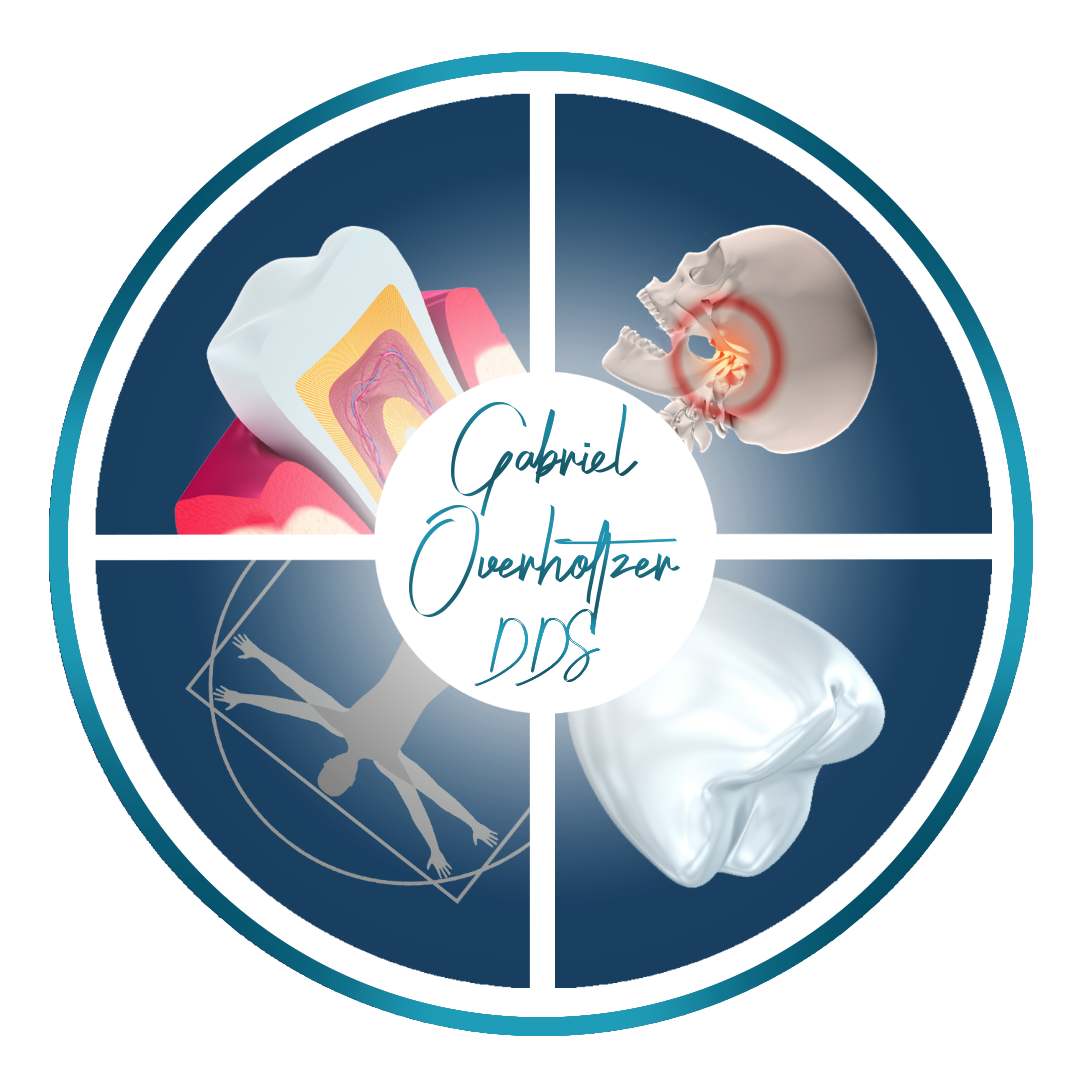Sleep apnea is a common sleep disorder that affects millions of individuals worldwide. It is characterized by interruptions in breathing during sleep, which can have a significant impact on one’s overall health and well-being. Recognizing the symptoms of sleep apnea is crucial for early diagnosis and effective treatment. In this article, we will explore the common signs and symptoms of sleep apnea.
Loud Snoring
One of the most prominent and well-known symptoms of sleep apnea is loud and persistent snoring. While occasional snoring is normal, individuals with sleep apnea often snore loudly and consistently throughout the night. The snoring is usually punctuated by brief pauses in breathing, followed by choking or gasping sounds as the individual’s body attempts to resume normal breathing.
Excessive Daytime Sleepiness
Excessive daytime sleepiness is a hallmark symptom of sleep apnea. Individuals with sleep apnea often wake up feeling unrefreshed, even after a full night’s sleep, and experience extreme drowsiness during the day. This can lead to difficulties in staying awake, concentrating, and functioning at work or in daily activities.
Intermittent Awakenings
People with sleep apnea frequently experience frequent awakenings during the night, although they may not remember them. These awakenings can be the result of choking or gasping episodes as the body reacts to the lack of oxygen. These interruptions in sleep can lead to disrupted sleep patterns and increased fatigue.
Morning Headaches
Waking up with a headache is a common symptom of sleep apnea. These headaches are often described as a dull, throbbing pain and are typically experienced upon awakening. They are thought to be related to the changes in oxygen levels and the increased carbon dioxide levels that occur during sleep apnea episodes.
Difficulty Concentrating and Memory Problems
The persistent sleep disturbances caused by sleep apnea can lead to cognitive issues. Individuals with sleep apnea often struggle with memory problems, difficulty concentrating, and reduced mental clarity. These cognitive impairments can affect both work and personal life, making it challenging to perform tasks that require focus and attention.
Irritability and Mood Changes
Mood changes are also common in individuals with sleep apnea. The constant interruptions in sleep can lead to irritability, mood swings, and even depression. Partners or family members may notice personality changes in the affected individual, as sleep apnea can affect not only the person with the condition but also those around them.
Conclusion
Recognizing the symptoms of sleep apnea is crucial for seeking timely diagnosis and treatment. If you or someone you know is experiencing loud snoring, excessive daytime sleepiness, intermittent awakenings, morning headaches, difficulty concentrating, or mood changes, it’s essential to consult a healthcare professional. If you are in Bishop, you must immediately visit Skyline Family Dental – Gabriel Overholtzer DDS upon noticing any of these symptoms. Here you can consult with the dentists and opt for an appropriate treatment of sleep apnea in Bishop CA.
Left untreated, sleep apnea can have serious health consequences, including an increased risk of cardiovascular issues, hypertension, and diabetes. Therefore, early intervention and treatment can significantly improve one’s quality of life and overall well-being.
